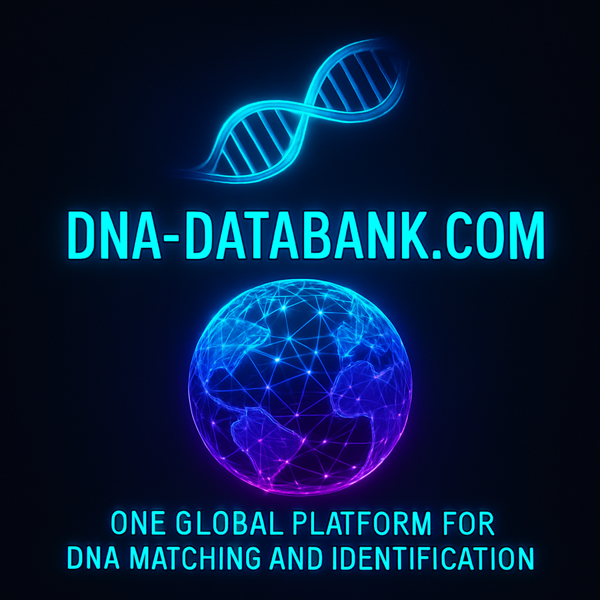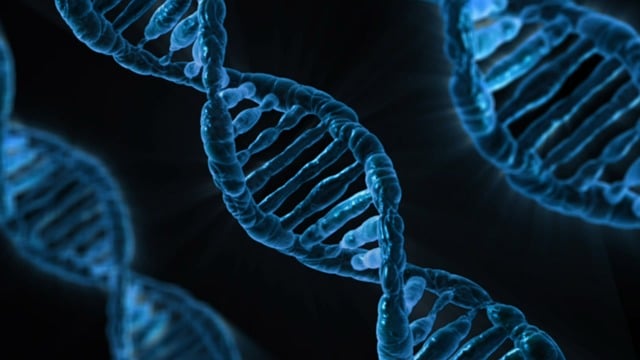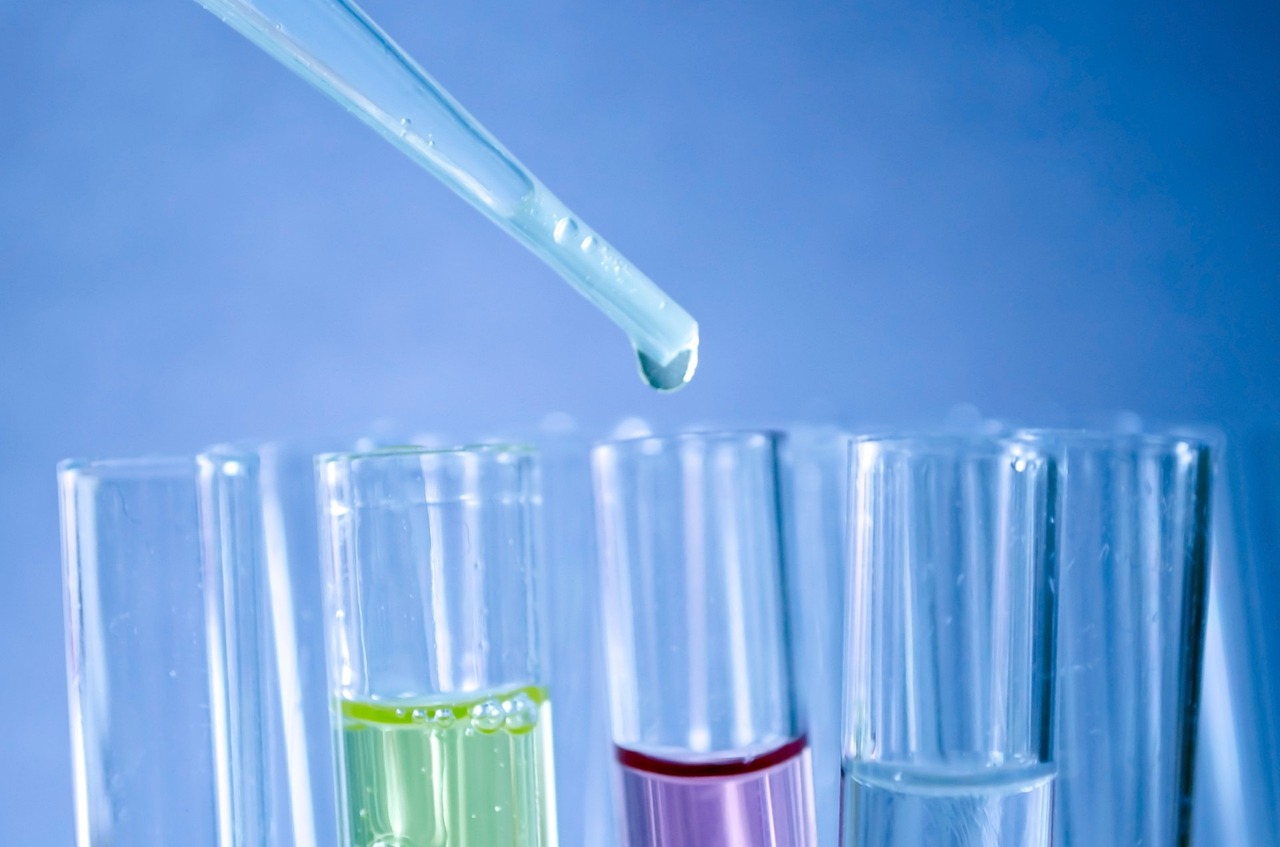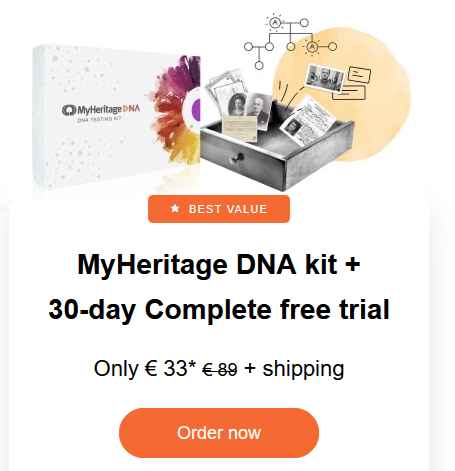One Global Platform for DNA Matching and Identification
Across the world, hundreds of separate DNA databases exist — operated by law enforcement agencies, hospitals, universities, genealogical networks, and private research initiatives.
The challenge? These databases rarely communicate with each other, leaving valuable genetic information scattered and inaccessible.
DNA-Databank.com was conceived as a central connector between all these genetic repositories — a platform that allows organizations, researchers, and investigative bodies to search globally for DNA profile matches with a single query, without moving or exposing sensitive data.
The Concept: One Gateway to Every DNA Database
The idea behind DNA-Databank.com is simple yet powerful:
a centralized infrastructure that links existing databases through standardized protocols and secure interfaces (APIs).
Each participant remains the owner and controller of their data, while authorized matching queries can be processed safely through DNA-Databank.com.

Example Use Cases
Forensic investigations: law enforcement agencies can quickly identify DNA matches across borders in cold cases or missing-person files.
Disaster victim identification: after plane crashes or natural disasters, global searches can be performed to match victims’ DNA with relatives.
Genealogical and family research: individuals and researchers can discover family connections hidden across separate national or private databases.
Medical and scientific collaboration: research institutions can analyze genetic trends and patterns without compromising participant privacy.
Benefits of a Central DNA Database
Time efficiency: one standardized search instead of dozens of separate requests.
Global reach: connecting national and private DNA repositories.
Privacy protection: data never leaves its original source — only secure match results are exchanged.
Higher match rates: linking multiple data sources increases the probability of finding a relevant DNA match.
Future-proof framework: adaptable for forensic, medical, and genealogical applications alike.
The Domain Name DNA-Databank.com — Now Available for Acquisition
The concept is ready — what’s missing is the organization to bring it to life.
DNA-Databank.com is a powerful, internationally recognizable domain name that evokes trust, authority, and innovation.
It’s the perfect foundation for:
-
a biotech or forensic technology company developing a global DNA platform;
-
a research institution or university promoting international genetic collaboration;
-
a startup focusing on privacy-friendly DNA matching for professionals or consumers.
Owning DNA-Databank.com means owning a world-class digital asset — a name ready to become the central hub for genetic data worldwide.
📧 Interested in acquisition or collaboration?
Contact info@dna-databank.com
In a DNA databank, each genetic profile is typically represented by a unique set of genetic markers, which can be compared against other profiles in the databank to identify potential matches or links between individuals.
DNA databanks can provide a wealth of information that can be used for a range of purposes, from law enforcement to medical research, and can help improve our understanding of genetics and its role in human health and behavior.

There are several commercial DNA databanks that offer genetic testing services to individuals. Some of the most well-known commercial DNA databanks include:
MyHeritage; Research your family history easily and instantly.
- A huge global collection of 33.7 billion historical records
- 4 billion birth, marriage, and death records from 60 countries
- 6.3 billion family tree records from 54.5 million family trees
- 15 billion pages of historical newspapers, dating back to 1803
- Millions of gravestone inscriptions and photos from around the world
- Complete U.S. and U.K. censuses, and exclusive Nordic and French censuses
- Huge collections of diverse international records: military, immigration, books, and more
Ancestry and genealogy

Commercial DNA databanks can provide individuals with valuable information about their family history, ancestry, and ethnic background. This can be particularly useful for individuals who are interested in tracing their family roots or learning more about their cultural heritage.
Health and wellness

Personalized medicine

As our understanding of genetics continues to improve, commercial DNA databanks may play an important role in personalized medicine. By analyzing an individual’s genetic profile, healthcare providers may be able to tailor treatment plans to better meet their individual needs.
Scientific research

DNA-kits
A DNA kit is typically used for personal genetic testing, which involves collecting a sample of your DNA and analyzing it to reveal information about your ancestry, health, and traits. The DNA sample is usually collected using a simple swab of the inside of your cheek or saliva.
A DNA kit usually contains a collection tube, a swab or a saliva collection device, and instructions on how to collect your DNA sample. Once you have collected your DNA sample, you can send it to a laboratory for analysis.
The laboratory will analyze your DNA sample using advanced technology to read your genetic code and identify specific variations or mutations in your DNA that can provide information about your ancestry, health, and traits. This information can be used to create a personalized report that can help you understand your genetic makeup and make informed decisions about your health and lifestyle.
